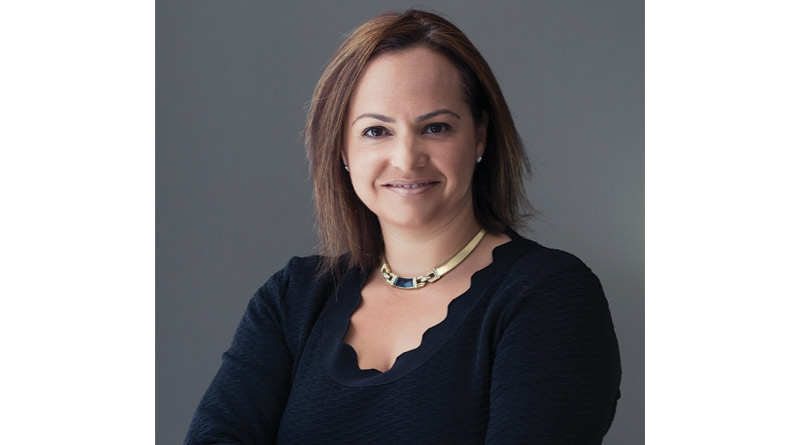Why the UK Care Sector Needs Overseas Workers
By Daliah Sklar, CEO & UK immigration solicitor, DRSI Global (www.drsi-global.co.uk/)
It’s well-known there is a skills shortage across the UK. Vacancies within care are at their highest level in 10 years, and the sector is struggling to fill them. The demise of free movement due to Brexit and the pandemic has caused a drastic drop in the number of workers coming from the EU, the go-to employment talent pool for the industry.
The current picture for the UK care sector skills shortage looks bleak, exacerbated by a demoralised, overworked and underpaid workforce leaving the sector. In 2022, there were 165,000 vacancies within care, an increase of 55% from the previous year. With 1 in 10 positions unfilled, care managers will have their work cut out for them to fill the gap.
Before Brexit, the care sector relied on EU nationals to fill positions. In 2019/2020, before the end of the transition period, migrant workers from the EU accounted for 113,000 jobs in the sector, 7% of the total. Without them, vacancies would’ve doubled that year.
According to Renate Winkler, Managing Director of Guardian Carers, “A high number of our carers come from the EU. Before [Brexit], people did not use to check what sort of settlement, VISA or passport carers had, but now there are more checks.”
Winkler went on to say, “If there aren’t enough carers to fill the roles, there will be a rise in prices and a longer waiting time for care.”
The end of EU freedom of movement and the introduction of a new Points Based Immigration System (PBIS) was always going to be a challenge for social care. The disruption caused by the pandemic and the subsequent uneven recovery means that the transition to the new system is exacerbating the skills pressures faced by employers.
Fortunately, there is still an appetite amongst carers from abroad to work in the UK. According to the Skills for Care report, 11% of new starters in the UK went on to get a job in adult social care. And while the sector had been reliant on EU migrants, 90% of migrant workers in the UK care sector are now from non-EU countries.
UK employers who want to hire skilled individuals from abroad are faced with a myriad of additional legal and bureaucratic hurdles. These include applying for and managing a sponsor licence to hire from outside the UK, audited by the Home Office and new hires requiring a UK work visa. To be eligible for the Skilled or Health and Care work visas, each applicant must obtain a Certificate of Sponsorship (CoS) from their registered employer.
Obtaining the necessary licences, certificates and visas is time-consuming, confusing and expensive, with cash-strapped employers having to pay the Home Office, recruitment agencies, consultants and visa experts to verify the legitimacy of the foreign worker and their skill set. A lot of companies won’t or can’t bother, leaving them without vitally needed workers and overworked existing team members.
For the first time, in February 2022, after successful lobbying and the experiences throughout Covid, “care workers” were added to the shortage occupation list, which is the HO’s visa-eligible list of jobs.Overseas workers that meet the salary threshold of £20,480 can come to the UK to work in a carer position, but they still need to have a licensed employer to sponsor them.
To overcome carer shortages in the sector these procedures should be simplified for both employers and job seekers, cutting red tape and being able to match the best person to the open roles.
Once taught how to navigate these procedures, we believe that quality non-UK applicants will help save the care sector in its time of crisis connecting potential applicants from across the globe, with unfilled positions in the UK in a process that is fair and balanced, and that promotes diversity and skills wherever possible. The issue here is not immigration but integration, which is currently hampered only by bureaucracy of borders.

